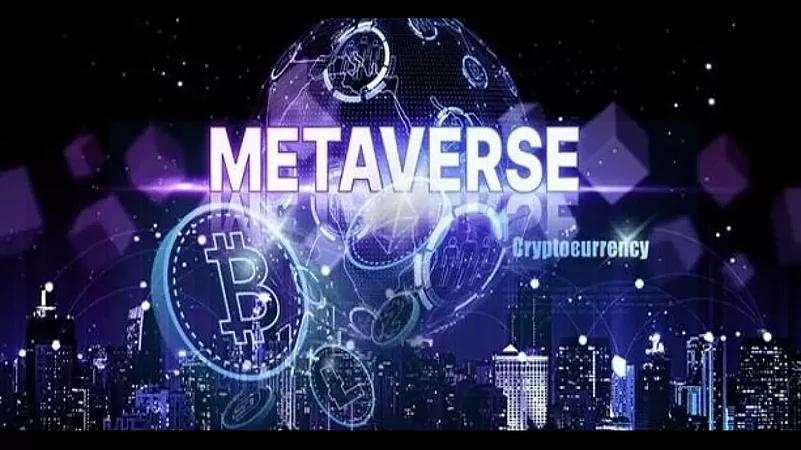India's digital public infrastructure plays on key aspects of scale and technology being centred around public interest, and is a "marvellous model" for what others can do as citizenship becomes a digitalised phenomenon globally, Nick Clegg, President Global Affairs of Meta, said on Wednesday.
Clegg spoke of how Meta and its apps like WhatsApp have leveraged various layers of India's digital public utilities including health (during COVID vaccination certificate downloads) and payments, and added, "We are at the moment working with commerce layer ONDC to see what more we can do and to make sure card payments and merchant payments are facilitated".
He said that when it comes to DPI (digital public infrastructure) construct, it is India's scale and public interest philosophy of the country "that has been so novel", he said.
"...I think what is so clever about construction of DPI is tech itself...it is the scale and this very important philosophy highlighted of not having government run it but making sure it has an open, interoperable layer. I very much like the way you have explained it driven by public interest than interest of the state," he said.
Big private sector players like Meta have been able to work with the ethos of DPI and focus and objectives.
Clegg was speaking at an event, 'Digital Transformation, an India story', where he shared the dais with India's G20 Sherpa Amitabh Kant.
"I agree it is a marvellous model for what others can do as citizenship becomes a digitalised phenomenon around the world," Clegg said.
Speaking at the event, Kant said technology will enable huge pole-vaulting for societies, as it goes open source.
"And that is important for large tech companies to do...to go open source," he said.
AI (Artificial Intelligence) will be hugely transformational for education, health, nutrition and for solving many challenges of emerging markets.
Describing AI has a "key driver of change", Kant cautioned against regulating it too much.
"Regulators are always far, far behind in innovation, so don't try and start regulating too much like Europe is doing now, it has already got in AI Act," Kant observed.
Europe has lagged the US in innovation, given its overemphasis on regulation.
"While America has done a lot of innovation in last few decades, Europe has not seen much of innovation because it has brought in too much of regulation," he said.
Kant asserted that technology should be allowed to grow and provide benefits to citizens.
On concerns that AI may have adverse effects and risks, Kant said, "yes it can have adverse impact and then...instead of regulating, we should clearly define user cases and say these are user cases where we will lay down regulatory norms," Kant said.
But regulation must always be pro-innovation, Kant said, emphasising that "without a pro innovation perspective regulation will kill AI".
It is in the interest of developing and emerging markets that AI is able to use large data sets to make a difference to lives of citizens.
"The leaders of G20 will have to discuss that what is the road that they want to take further on this," he said.
India's Digital Public Infra Centred Around Public Interest, 'Marvellous Model' For Others: Meta's Nick Clegg
Clegg spoke of how Meta and its apps like WhatsApp have leveraged various layers of India's digital public utilities including health (during COVID vaccination certificate downloads) and payments, and added, "We are at the moment working with commerce layer ONDC to see what more we can do and to make sure card payments and merchant payments are facilitated"

Top Metaverse Projects
Top Metaverse Projects
Published At:
MOST POPULAR
WATCH
MORE FROM THE AUTHOR
×
























